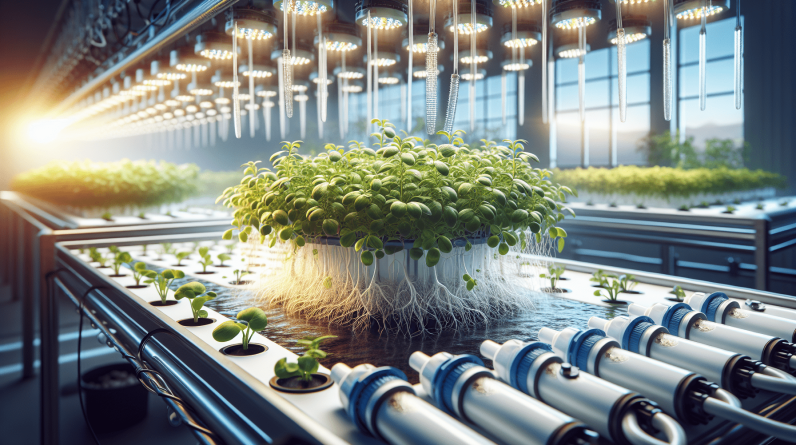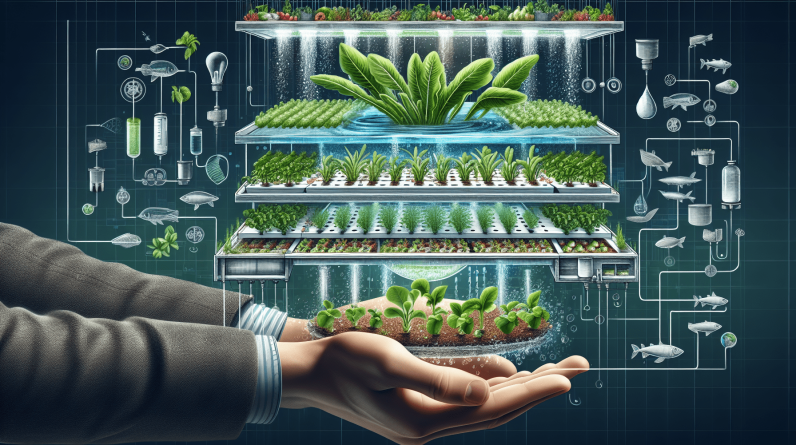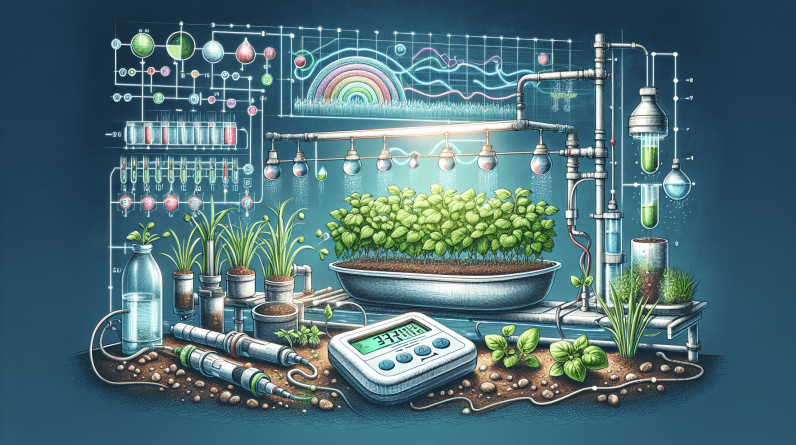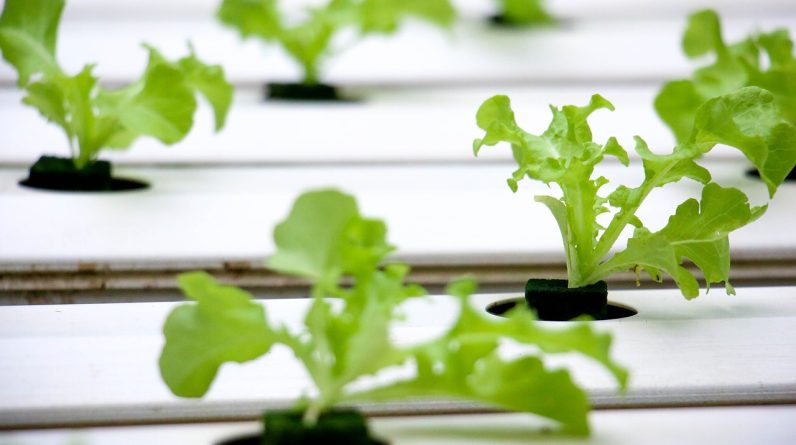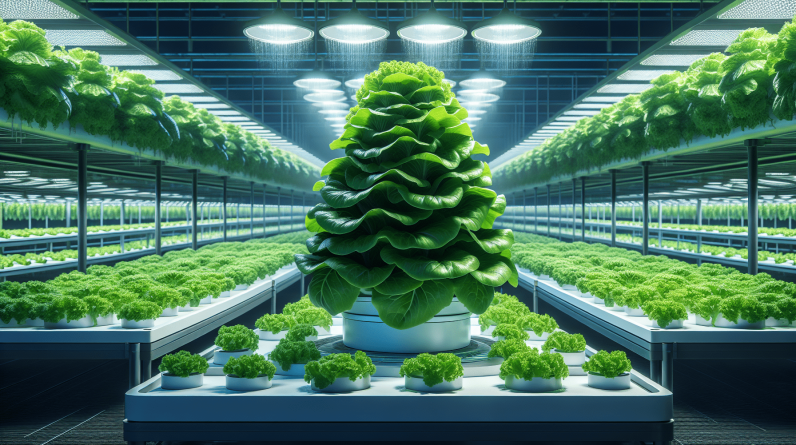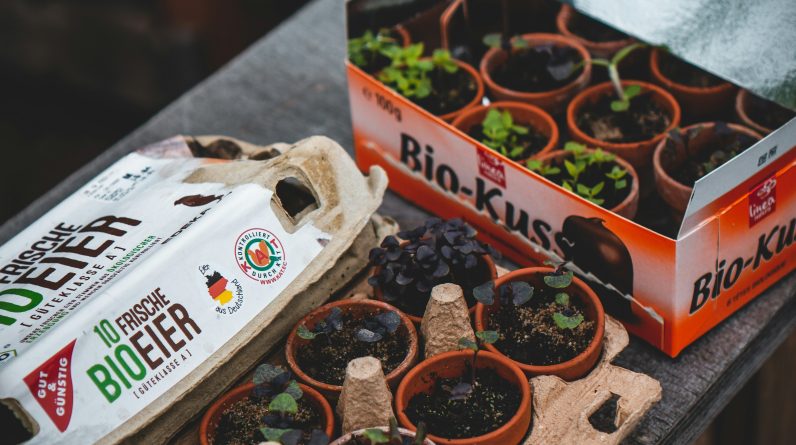
Are you looking for a new and innovative way to grow plants? Look no further than hydroponic gardening. This unique method of gardening involves growing plants without soil, using only water and nutrient solutions. Hydroponic gardening offers numerous benefits, including faster growth rates, higher yields, and the ability to grow plants year-round regardless of the weather. Whether you’re a seasoned gardener looking to try something new or a beginner wanting to explore the world of gardening, hydroponics is a fascinating and rewarding technique that offers a plethora of benefits.
Higher Yields
Growing plants hydroponically can lead to higher yields compared to traditional soil-based gardening. This is because hydroponic systems provide an optimal nutrient delivery system, allowing plants to receive the exact amount of nutrients they need for optimal growth. With the ability to fine-tune nutrient solutions, you can ensure that your plants are receiving the proper balance of essential elements for healthy development. This precise control over nutrient delivery eliminates the risk of over or under fertilizing your plants, leading to healthier and more productive crops.
In addition to optimal nutrient delivery, hydroponic gardening offers a controlled environment for plants to thrive. By growing plants indoors, you have complete control over factors such as temperature, humidity, and light levels. This ensures that plants are provided with the ideal growing conditions, resulting in faster growth rates. With the ability to fine-tune environmental factors, you can create the perfect conditions for your plants to flourish, promoting rapid growth and maximizing your yields.
Water Efficiency
One of the major advantages of hydroponic gardening is its water efficiency. Traditional soil-based gardening often requires large amounts of water, as much of it is lost through evaporation and runoff. In contrast, hydroponic systems utilize a recirculation system that minimizes water usage. The system collects and recycles water, allowing plants to take up only what they need and reducing wastage. This not only conserves water but also saves you money on your water bill.
The recirculation system in hydroponic gardening also helps reduce evaporation, which further contributes to water efficiency. With traditional gardening, water can be lost to evaporation from the soil surface, especially in hot or arid climates. However, in hydroponics, plants are provided with water directly to their roots, minimizing evaporation and ensuring that water is efficiently utilized. This allows you to grow your plants while minimizing water loss, making hydroponic gardening a sustainable choice.
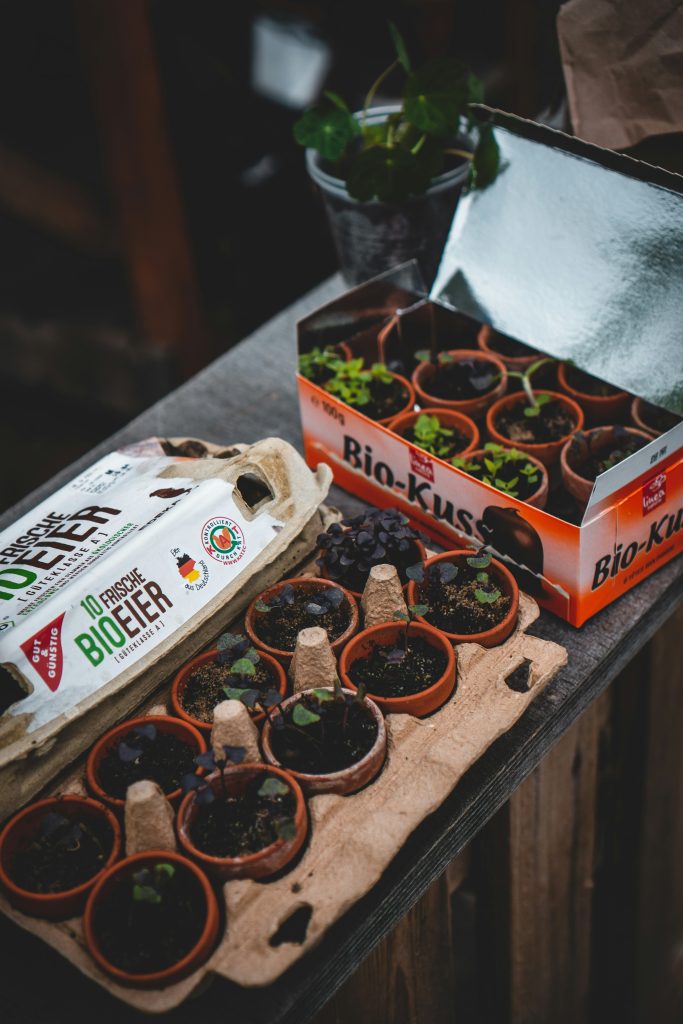
Year-Round Gardening
Hydroponic gardening eliminates the limitations of traditional gardening seasons by allowing you to grow plants indoors. With indoor gardening, you have full control over the climate, enabling you to create the ideal conditions for year-round cultivation. This means that regardless of the external weather conditions, you can continue gardening and enjoying fresh produce all year long.
The ability to control the climate in indoor gardens also extends the growing seasons for many crops. Certain plants require specific environmental conditions to grow, and hydroponic systems allow you to provide these conditions consistently throughout the year. By adjusting factors such as light, temperature, and humidity, you can create the optimal environment for your plants, which can result in faster growth and extended harvest periods.
Elimination of Soil
Hydroponic gardening eliminates the use of soil, which offers several advantages. Without soil, there is a reduced risk of soil-borne diseases that can affect the health and productivity of plants. Soil-borne diseases, such as fungal infections, can spread through the soil and impact the roots of plants. In a hydroponic system, plants are grown in a soilless medium, minimizing the potential for disease transmission and ensuring healthier plants.
Furthermore, the absence of soil in hydroponic gardening reduces pest problems. Soil is often a breeding ground for pests, including insects and rodents, which can damage plants and reduce yields. By eliminating soil, you decrease the likelihood of pest infestations, leading to healthier and more abundant crops. Additionally, the absence of soil in hydroponic systems makes them easier to clean and maintain, providing a clean and sanitary growing environment.

Space Utilization
Hydroponic gardening offers innovative solutions for space utilization, making it an ideal choice for those with limited gardening space. Vertical gardens, for example, allow you to grow plants vertically, maximizing the use of vertical space. By utilizing walls or specially designed structures, you can grow multiple layers of plants, increasing your overall planting capacity. This is particularly beneficial for urban gardeners who may have limited horizontal gardening space available.
Compact hydroponic systems are another excellent option for maximizing space utilization. These systems are designed to be space-efficient, allowing you to grow a variety of plants in a relatively small area. Compact systems often utilize vertical or stacked configurations to optimize space usage, making them ideal for small apartments, balconies, or even offices.
Moreover, hydroponic gardening is well-suited for urban spaces, as it enables gardening in areas where traditional soil-based gardening may not be feasible. With hydroponics, you can transform rooftops, patios, or unused spaces into productive gardens. By utilizing unused or underutilized urban spaces, hydroponic gardening helps bring greenery into urban environments, promoting sustainability and aesthetic appeal.
Accessibility
Hydroponic gardening opens up opportunities for indoor gardening, making it accessible to a wider range of individuals. Whether you live in an urban area with limited outdoor space or you simply prefer the convenience of indoor gardening, hydroponics allows you to enjoy the benefits of growing your own plants indoors. No longer limited by outdoor gardening requirements, you can cultivate a thriving garden right in your home.
Additionally, hydroponic gardening is accessible for people with disabilities. Traditional soil-based gardening can present physical challenges for individuals with mobility issues or limited dexterity. With hydroponics, you can design your setup to accommodate specific accessibility needs, such as raised beds or automated systems. This ensures that gardening remains a rewarding and inclusive activity for individuals with disabilities.
Furthermore, hydroponic gardening is highly suitable for urban dwellers who may not have access to a traditional garden space. By bringing gardening indoors, urban dwellers can enjoy the benefits of gardening without the need for outdoor space. Whether you live in an apartment, condo, or townhouse, hydroponics offers a space-saving and convenient way to cultivate plants and enjoy fresh produce.
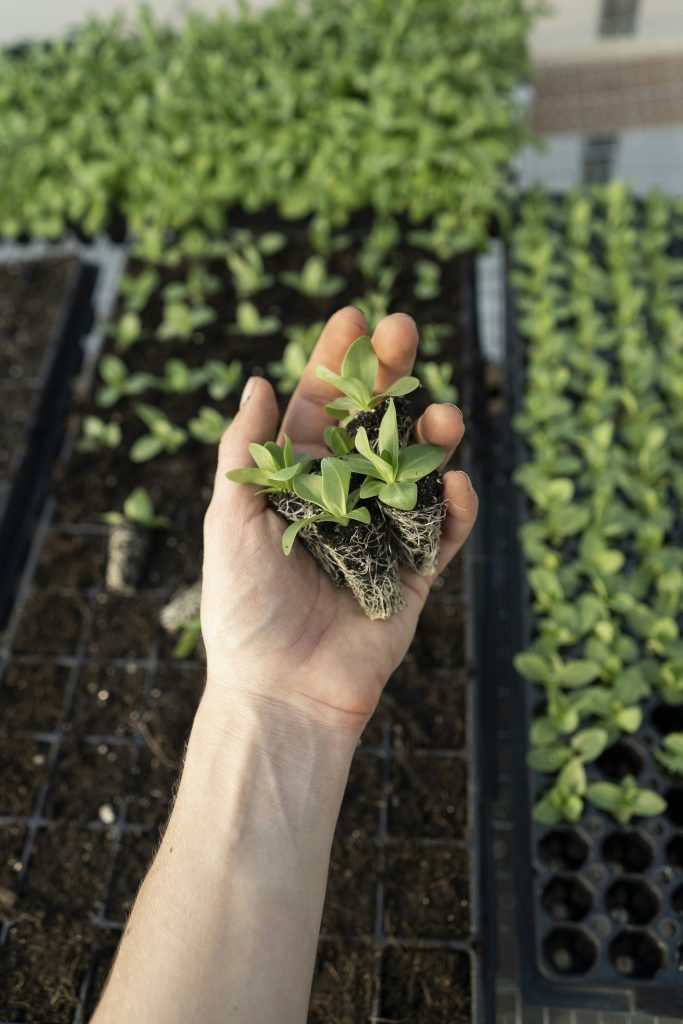
Nutritional Benefits
Hydroponic gardening provides control over nutrient composition, allowing you to optimize the nutritional value of your produce. The ability to fine-tune nutrient solutions enables you to provide plants with the specific nutrients they need for optimal nutrient uptake and growth. This can result in produce that is richer in essential vitamins, minerals, and antioxidants, offering enhanced nutritional benefits compared to store-bought produce.
Furthermore, hydroponically grown produce is often healthier and more nutritious due to the optimized growing conditions. By providing plants with ideal environmental conditions, including proper lighting, nutrient delivery, and temperature control, you can maximize their growth potential. This can result in plants that produce higher concentrations of beneficial compounds, such as phytochemicals, contributing to their superior nutritional profile.
Hydroponic gardening also offers the opportunity to grow a variety of crops, allowing for a diverse and balanced diet. With the ability to control environmental factors, you can create conditions suitable for a wide range of plant species. This opens up possibilities for cultivating different types of fruits, vegetables, herbs, and even edible flowers. By growing a variety of crops, you can enjoy a more diverse and nutritionally rich diet.
No Weeding Required
In traditional soil-based gardening, weeding is a time-consuming and labor-intensive task. Weeds compete with plants for nutrients, water, and light, which can hinder their growth and reduce yields. However, with hydroponic gardening, there is no need for weeding. By eliminating soil, you eliminate the majority of weed competition, allowing your plants to thrive without the need for constant weeding.
The elimination of weeding not only saves time and labor but also reduces the reliance on herbicides. In traditional gardening, herbicides are often used to control weeds and prevent their negative impact on plants. However, these chemicals can have detrimental effects on the environment and human health. With hydroponic gardening, you can maintain a weed-free environment naturally, without the need for harmful chemicals.
Easier maintenance is another advantage of hydroponic gardening. By eliminating soil, you eliminate the need for tasks such as tilling, mulching, and amending the soil. This simplifies the gardening process and reduces the overall maintenance requirements. Additionally, hydroponic systems are often designed with ease of use in mind, making it simple and straightforward to monitor and maintain your plants.
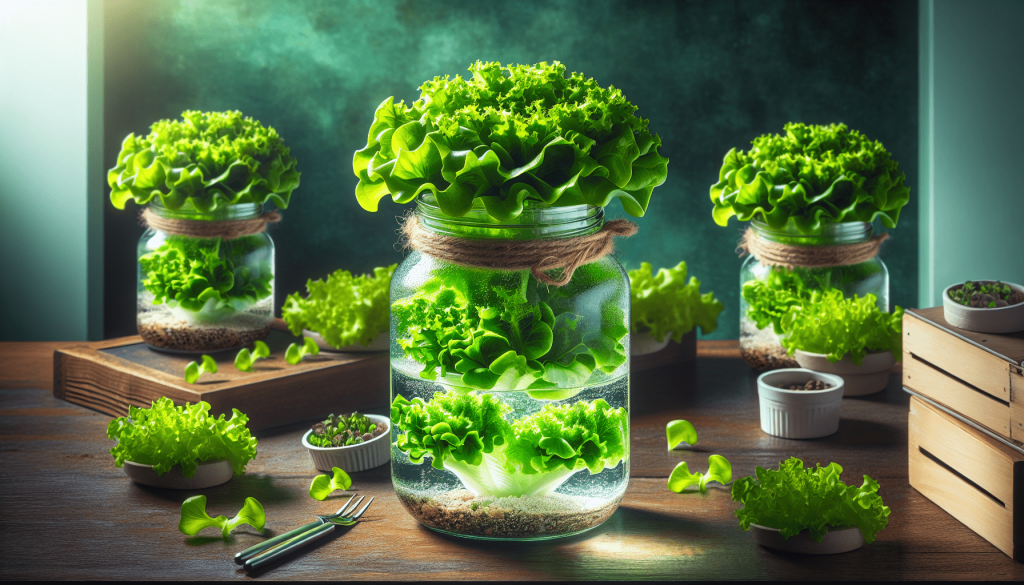
Sustainability
Hydroponic gardening is a sustainable gardening method that offers several environmental benefits. One of the key advantages is reduced land usage. With hydroponics, you can grow more plants in a smaller area compared to traditional soil-based gardening. This efficient use of space allows you to produce a greater amount of food, reducing the need for expansive agricultural land. By utilizing vertical or compact systems, you can maximize yields while minimizing the land area required.
Furthermore, hydroponic gardening conserves natural resources, including water and nutrients. As previously mentioned, hydroponic systems are designed to be water-efficient, minimizing water usage and wastage. Additionally, the precise control over nutrient delivery ensures that plants consume only what they need and reduces the risk of nutrient runoff, which can contaminate water sources. By conserving water and nutrients, hydroponic gardening promotes sustainable resource management.
Another environmental benefit of hydroponic gardening is its lower carbon footprint. Traditional agriculture often involves transportation, as crops may need to travel long distances to reach consumers. By growing your own produce hydroponically, you can reduce the carbon emissions associated with transportation and contribute to a greener and more sustainable future. Additionally, hydroponic systems can be designed using sustainable materials and energy-efficient technologies, further minimizing their environmental impact.
Educational Value
Hydroponic gardening offers a unique hands-on learning experience, making it an excellent educational tool for individuals of all ages. By engaging in hydroponic gardening, you can deepen your understanding of plant growth processes and gain valuable horticultural knowledge. Observing and caring for plants from seedling to harvest provides a comprehensive understanding of plant life cycles and the factors that influence their growth and development.
Hydroponic gardening is especially beneficial for STEM education (Science, Technology, Engineering, and Mathematics). Through hydroponics, students can explore various scientific concepts, such as biology, chemistry, and physics. They can observe how different environmental factors impact plant growth, conduct experiments to investigate plant nutritional requirements, and apply technological solutions to optimize growing conditions. By incorporating hydroponic gardening into STEM curricula, educators can enhance students’ learning experiences and foster a deeper appreciation for science.
Understanding plant growth is not limited to academic settings. Hydroponic gardening can be enjoyed as a hobby that offers continuous learning opportunities. Whether you are a beginner or an experienced gardener, there is always something new to discover in the world of hydroponics. By experimenting with different techniques, nutrient formulations, and plant varieties, you can expand your knowledge and refine your growing skills.
In conclusion, hydroponic gardening offers numerous benefits that make it an attractive option for gardeners of all levels. From higher yields and water efficiency to year-round gardening and accessibility, hydroponics provides a sustainable and rewarding approach to cultivating plants. With the ability to control environmental factors and optimize nutrient delivery, hydroponic systems offer the potential for healthier and more nutritious produce. Moreover, hydroponic gardening provides educational value, allowing individuals to explore the intricacies of plant growth and deepen their understanding of horticulture. Whether you have limited space, a passion for sustainability, or a desire to grow your own food, hydroponic gardening offers endless possibilities and a greener future.
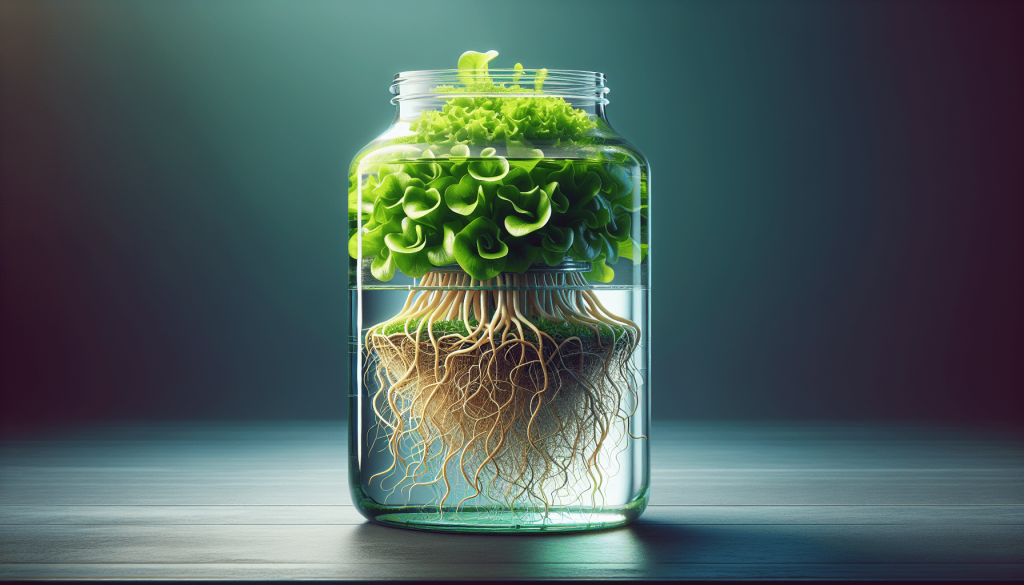
Related Content
- 10 Effective hydroponic growing Strategies for 2025: The Ultimate Guide
- The Ultimate Guide to Deep Water Culture Hydroponics in 2025: 10 Effective Strategies to Boost Your Harvest
- Common Problems in Hydroponic Gardening and How to Solve Them
- Harvesting and Storing Hydroponic Produce
- The Benefits of Hydroponic Growing Systems


